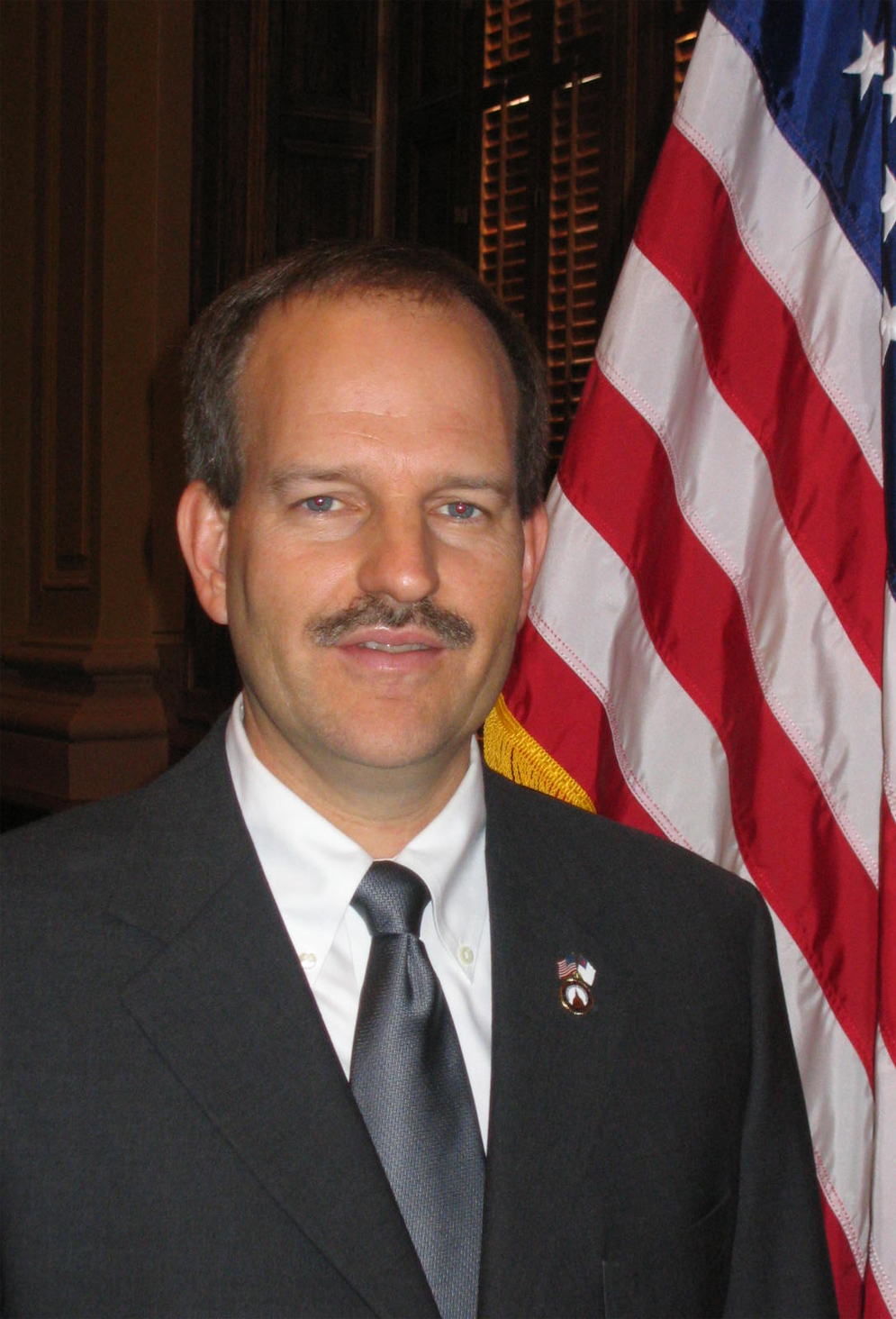
By Chip Pearson
DAWSONVILLE (August 27, 2010) – When our country’s financial deficit reaches into the trillions, it’s hard to put such excessive government spending into perspective. Here’s one way to look at it: in order to cover your share of the government’s spending, you would have to work an average of 231 days out of the year. That day fell on August 19 this year, which the Americans for Tax Reform Foundation calls Cost of Government Day (COGD). This represents how long it takes the average American worker to earn enough income to cover their share of the spending and regulatory burdens imposed by government at the federal, state and local levels.*
Not surprisingly, increased government spending pushes this date later every year. In 2010, Americans have to work eight more days than in 2009, and 32 days longer than 2008 just to cover the cost of government. That’s toiling eight months out of the year before workers would begin to earn anything for themselves. Americans should not be on the clock for government spending.
One of the principles of conservative government is that workers get to keep more of their hard-earned money. Clearly, today’s congressional leaders are not operating under conservative principles. Consider that between 1977 and 2008, the COGD never fell beyond July 20. What changed in 2009? The report points to stimulus funding as the culprit. By their estimates, rescinding just the outlays of the stimulus package and TARP funding would shave 21 days off the COGD, almost an entire month. Expect to see further increases with ObamaCare and financial regulatory reform.
Congressional Democrats know they can no longer hide behind misleading figures and bloated job numbers. They couldn’t even bring themselves to put their excessive spending on paper, and for the first time in history the House decided it would not produce a budget. It takes a great deal of political brazenness to deny the American people their right to public information.
As if we needed further proof that Washington is over-spending, the Congressional Budget Office recently released new figures showing that the deficit will exceed $1.3 trillion in 2010. The practice of excessive spending is also spreading to the state and local level. Next month, Los Angeles will open the nation’s most expensive school, costing $578 million. California has a $19 billion budget deficit, which is over 10 percent larger than Georgia’s entire budget. The state also has a 12.3 percent unemployment rate and has had massive teacher layoffs. Georgia’s conservative leadership understands that states must exercise fiscal restraint in order to lower the tax burden on citizens. In fact, the COGD report ranks Georgia 10th out of 50 states with the highest tax increases.
To fix the economy, Democratic leaders harp on reducing the deficit by eliminating tax cuts and increasing tax burdens. However, this is only treating the symptom, not the disease that is the current level of spending. Fiscal restraint is the order of the day, with incentives to boost the economy’s most important sectors. Eliminating tax cuts only eliminates the hope of generating new business in the private sector. Just look at housing. Since the expiration of the home buyer tax credit in April, housing sales have crumbled. July sales of existing homes plummeted 12.9 percent from June, the biggest monthly loss this year. Economists are warning that housing prices could slide another 20 percent by 2012 should the economy slip back into a recession, which would equal a 50 percent decline in home values since 2006. This would be catastrophic to our already wounded homeowners, community banks, and state and local economies.
Instead of throwing money at special-interest projects and raising taxes on the already struggling American public, Washington needs to incentivize the private markets and reign in spending. Voters are already clocking out their support of Washington’s tax-and-spend schemes. American workers should be in the business of earning money for themselves and their families, not the government.
To view the Cost of Government Day report, click here: http://www.fiscalaccountability.org/?content=cogdteas10
* Note: this is an average of all the states.
Sen. Chip Pearson serves as chairman of the Economic Development Committee. He represents the 51st Senate District which includes Dawson, Fannin, Gilmer, Lumpkin, Pickens, and Union counties and portions of Forsyth and White counties. He may be reached at 404.656.9221 or via e-mail at chip.pearson@senate.ga.gov.
COLUMN
For Immediate Release:
August 27, 2010
For Information Contact:
Raegan Weber, Director
Kallarin Richards, Senior Communications Specialist
kallarin.richards@senate.ga.gov
404.656.0028